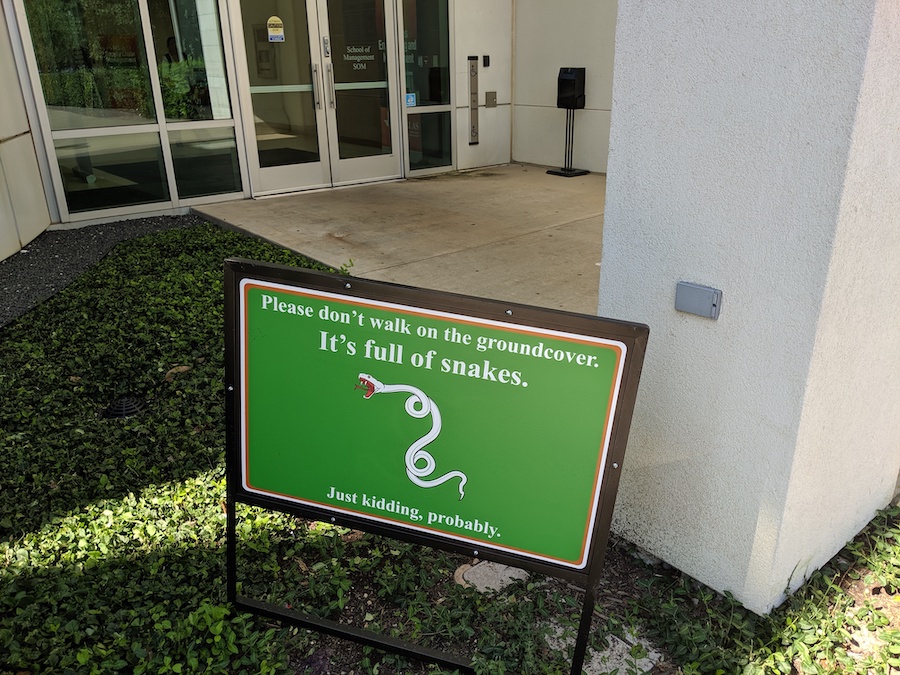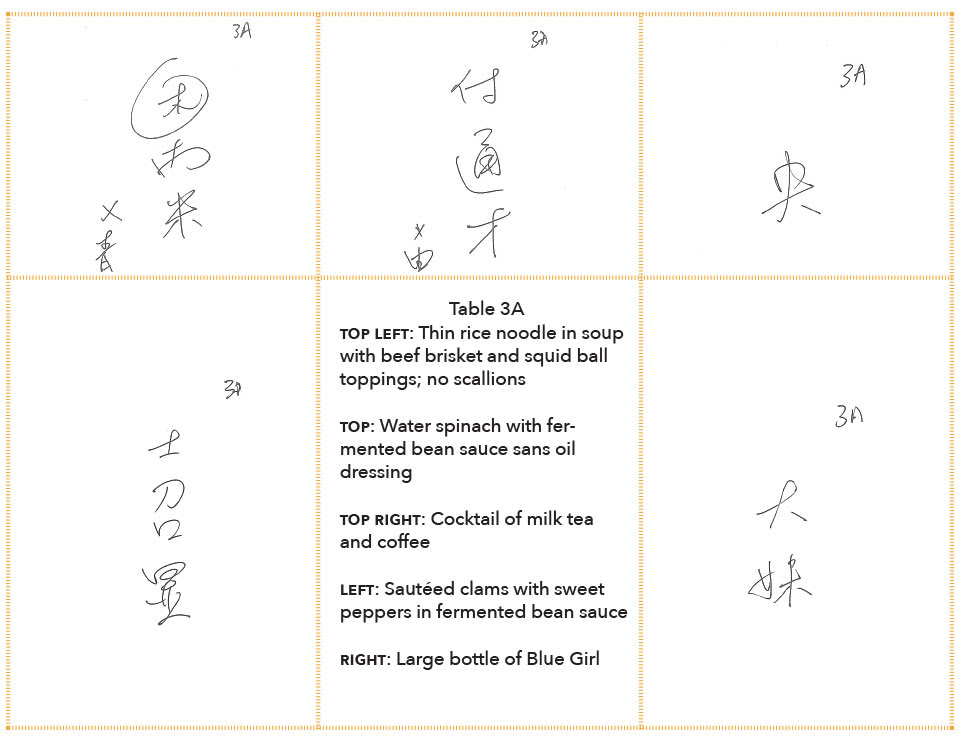Katakana nightmare
Bob Sanders writes from Kanazawa, Japan:
Today I bought some mouthwash at a national pharmacy chain and received a coupon for a discount on any two future purchases made later this month, with certain items excluded from this offer. In fact, it is this list of exclusions which immediately caught my attention (see photo below), because it so graphically highlights why for me, at least, as someone who came to Japanese much later in life with a background in Chinese language studies, katakana, rather than kanji or hiragana, is the most difficult of the three orthographies to process orally in my brain.
Read the rest of this entry »


